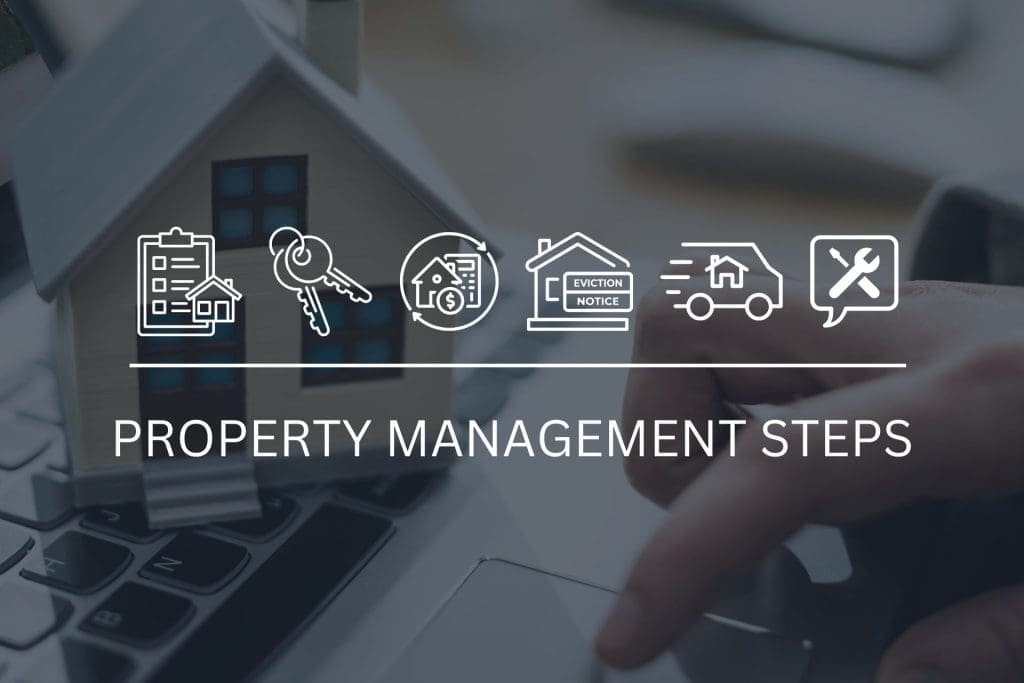One of the most stressful situations any landlord will encounter is the need to evict a tenant. No one gets into real estate investing and the ownership of rentals because they delight in kicking people out of their homes, but, ultimately, your rental property is a business, and hopefully, a money-making venture. That problem tenant can be a costly diversion. We sat down with Colin Newberry, Senior Associate Attorney, to discuss when and how to go about evicting a tenant.
So, should you evict your tenant?
Newberry says, “If you are asking this question, the answer is, ‘probably’. The fact is, if you are thinking about eviction, you’ve likely had several problem situations with the tenant that have you heading down this path.
Evictable Offenses
Failure to pay rent
Owing back rent is an obvious one and is the most straightforward offense to enforce and prove. Is your tenant’s failure to pay rent this month an unusual circumstance? Or, is this just one instance of many months where they haven’t paid rent?
Failure to care for your property
What if the tenant pays rent, but doesn’t take care of the property? Your tenant is full of excuses as to why they aren’t maintaining the home, such as not bringing in the garbage cans or the yard is a mess. Can you evict over maintenance issues? The answer is YES.
The above scenario shouldn’t get to the eviction point if you have a good property manager. Whether you are self-managing your property, or you’ve hired a company to do this for you, it’s essential to keep good records of the obligations of the tenant (per their signed lease) and their compliance with those requirements.
Lest you think a messy lawn is not a big issue, it can affect your overall property value. Some landlords, especially those with higher-end properties, provide lawn services as part of their contract with the tenant for this very reason.
Protect Yourself in the Case of Eviction: 3 Tips for Managing Your Tenant-Landlord Relationship
Communicate
A tenant-landlord relationship is like any other. It’s success, or failure comes down to communication. Excellent communication from the beginning can ensure that you find the right tenant and that they understand their obligations as your tenant per your lease agreement. A good back and forth dialogue between you, or your property manager, and your tenant will also help to nip contentious issues in the bud when they arise. Make sure this is in writing. Emails can be very helpful in court.
Don’t Let it Fester
As a landlord, the worst-case scenario is to find yourself in a situation that you had the chance to prevent, lessen, or solve early-on. A tenant that has ongoing issues paying rent or that continues to neglect your property is a problem for your bottom line. With consistent communication, you can head off problems before you (or your tenant) get too deep in a hole.
Bottom line: if they can’t pay rent, then they can’t pay on a judgment against them if you enforce legal action. The less time you let lapse, the less money you’ll lose. The longer you let it fester, the worse off your business will be. After all, this is a business!
Document. Everything.
If your tenant-landlord dispute escalates and you must present your case in front of a judge, documentation of your requests and your tenant’s responses will go a lot further than merely he said/she said.
Landlords, prove your case by providing:
- Documentation by email, not text.
- Photos of your property before tenancy/upon move-in
- Pictures of the condition of your property at the center of the dispute
Judges will look for a way to let someone stay in their home. The burden is on you, as the landlord, to prove that you’ve done everything you could to make this work, that you have a property that you value, and that your property has not been cared for per the tenant’s lease obligation.
While we hope that you never have to evict a tenant, enlisting a property management company, such as 1836 Property Management, can help you protect your rental investment business. We care for your property with comprehensive services that span from finding the right tenant to administering lease contracts and compliance with state laws and regulations, to managing day-to-day communication, maintenance, and property oversight, to conducting an eviction should a need arise. Contact us to find out more.
By: Matt Leschber, 1836 Property Management Founder







